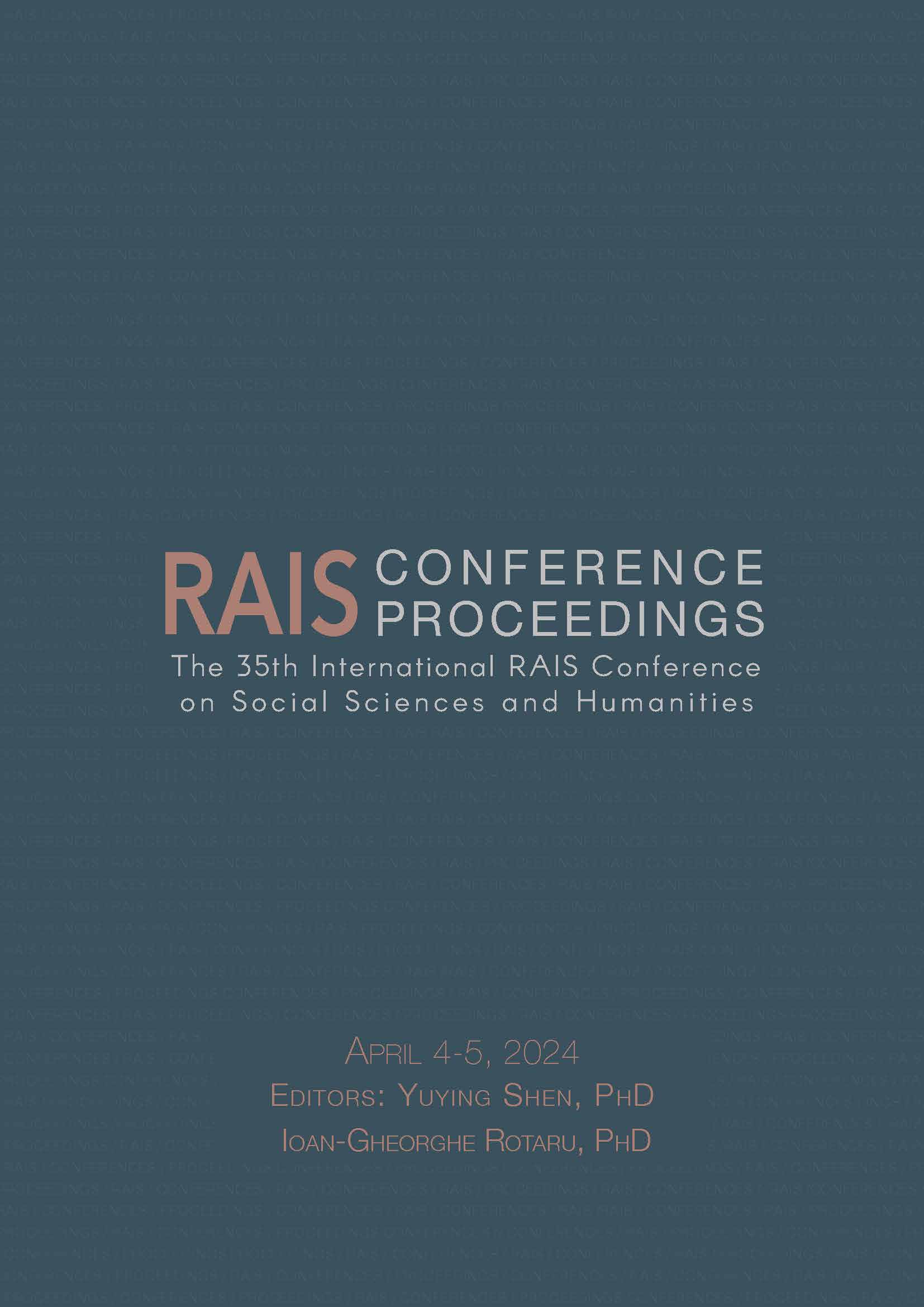Essential Factors that Contributed to the Growth of the Church in the Subapostolic Age
Essential Factors that Contributed to the Growth of the Church in the Subapostolic Age
Author(s): Bebe Ciaușu
Subject(s): Christian Theology and Religion, History of Church(es), Ancient World, History of Religion
Published by: Scientia Moralitas Research Institute
Keywords: church; growth; apostolic fathers; mission; evangelism; subapostolic age;
Summary/Abstract: This article explores the factors that led to the explosive growth of the Church in the subapostolic period, despite the vacuum of authority and missionary strategy left by the death of Christ's apostles. Some of these factors, such as the exercise of supernatural gifts, the dedication of itinerant prophets to bring the Gospel to as many people as possible, the synagogue system and the prevalence of Jewish proselytism, Hellenized culture, Roman infrastructure, and the rise of mystery religions are attested to in the literature. However, in this research paper, we suggest that a decisive role in the spread of the Gospel throughout the Roman Empire was played by Christian laymen who believed it was their responsibility to carry the message of salvation to the ends of the earth.
Book: Proceedings of the 35th International RAIS Conference on Social Sciences and Humanities
- Page Range: 142-148
- Page Count: 7
- Publication Year: 2024
- Language: English
- Content File-PDF

